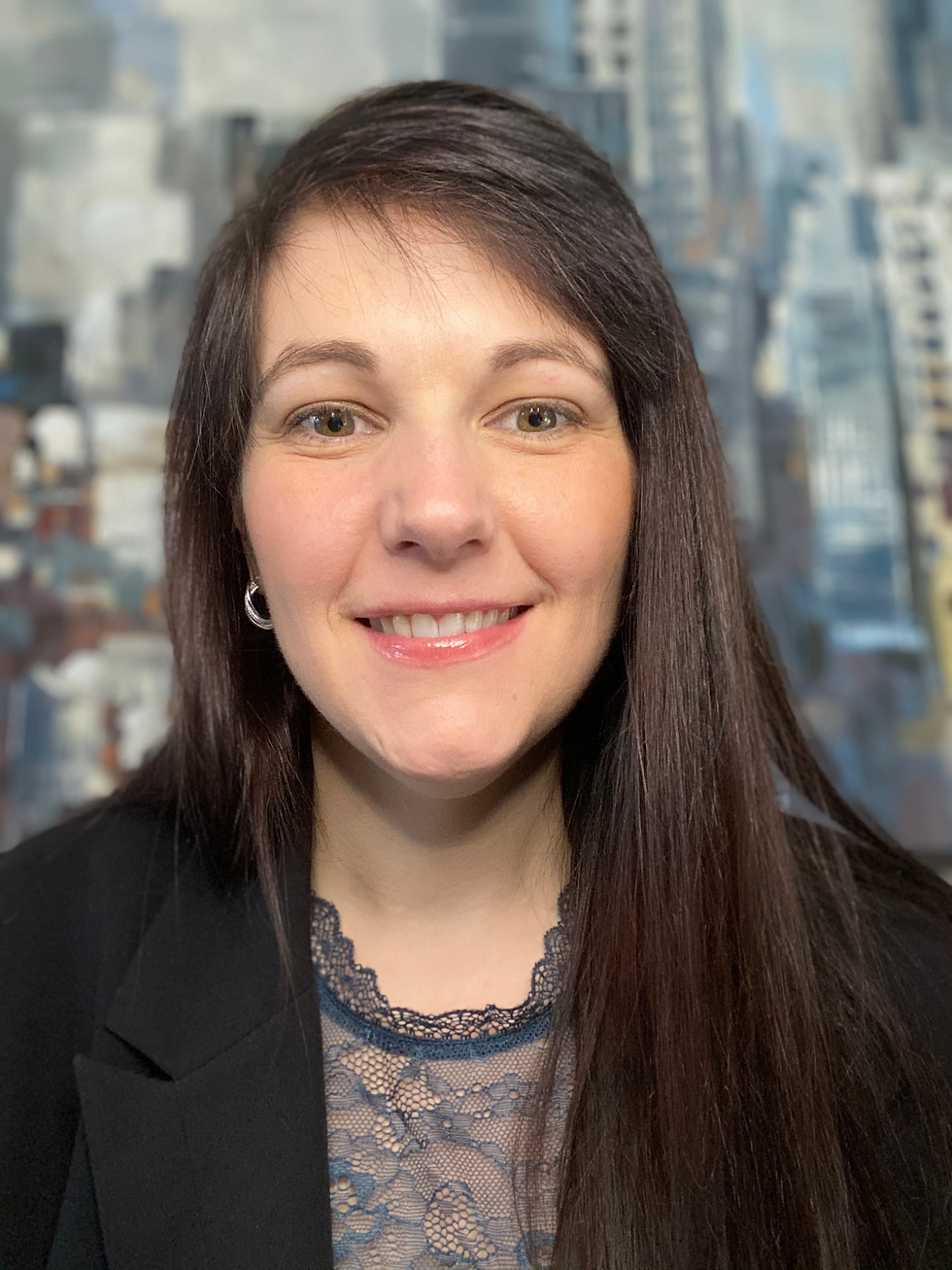All Bleeding Stops Eventually
- Sara Bergenholtz
- Aug 3, 2023
- 3 min read

Nurses are a unique bunch in a lot of ways. As with first responders they are not the ones who seek shelter, the ones who move away from the tragedy. On the contrary, nurses as a whole have chosen a to make their living through a position that leaves them constantly exposed to the traumas and pains of society. Even if they do not see it that way.
Especially when they do not see it that way.
Certainly, not all of us are going to experience the same exact stresses, see the same type of patients or same kind of traumas. There are a million different ways to be a nurse and therefore, there is a million different ways for this profession to absorb the hurts of our society.
Maybe that's what makes it so damn hard for nurses to stand up for themselves.
It could also be the result of what numerous studies on early childhood trauma have shown (1, 2, 3), namely that those who go into the nursing profession have experienced a higher than average number of such traumas.
Which, without any irony or criticism, honestly tracks for me, although explaining why is a research study in and of itself.
Another fact about early childhood trauma is that those who experience it often find themselves at risk for toxic stress and emotionally abusive relationships. According to the Domestic Abuse Hotline emotional abuse can include intimidation, humiliation, dismissiveness, manipulation, and insults among other examples (4). Healthline further states that examples of emotional abuse include derogatory names, character assassination, belittling accomplishments, being patronizing, constant monitoring, gaslighting, frequent outbursts, feigned helplessness (I want to help you do this, but the union or my boss or the contract won't let me),trivializing your experiences, denying your experiences, blaming you for their problems, disputing your feelings (you shouldn't feel that way), guilt and shutting down communication(5). The list goes on and on.
Now stop and think about some of those examples for a moment.
And ask yourself how many times you have experienced them from your manager, Director, HR or other representative of your employer.
How many times have you been made to feel guilty for not coming in? Been told that something that happened to you didn't really happen the way you remember it?
It seems to me that many of us experience emotional abuse from our employers, but because they are our employers we don't call it that. It also seems that it is so much worse when they can use your own desire to help others, to provide care to those in need, against you.
We all know how difficult it is for people to leave abusive relationships, so maybe I shouldn't be surprised at how difficult it is to get nurses to advocate for themselves. Or how hard it is to not let the nursing culture cannibalize you as a new nurse, or a a nurse trying to advocate for changes.
Yet I am . Every time.
The fact remains that nursing can be said to be sick or wounded at this juncture in our history, with experienced nurses fleeing the bedside and the profession, new nurses being left with almost no support, and healthcare systems making everything worse by pushing, pushing, always pushing nurses to do more with less.
As the title of this articles says, all bleeding eventually, either because the wound is dressed and healed or because the patient dies.
We have found ourselves in unprecedented times, with the potential for unprecedented changes and outcomes. Nursing is hurt, and bleeding.
It remains to be seen who, and how, the bleed is stopped.

Finis







Comments